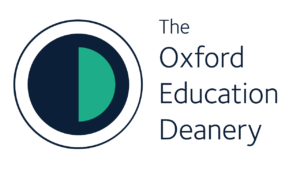Growing concerns about the quality of early childhood education and care (ECEC) and the aspiration for improved child outcomes have highlighted the need for enhancing teacher professional development to raise standards. However, this focus has been predominantly on regions with wellestablished educational systems. There is a notable scarcity of randomized controlled trials of professional development programmes in China. Despite investment of over one billion Yuan in China’s National Teacher Training Programme, this national programme has had minimal impact on teaching practices, due to deficient programme design and execution. This has led to a perception in China that professional development is costly and yields minimal benefits, thereby stifling research into such interventions.
In response to this, our study aimed to bridge this gap by adapting the successful Leadership for Learning (LfL) professional development programme used in the Fostering Effective Early Learning (FEEL) study (Siraj et al. 2023), originally developed in Australia, to fit the educational and cultural landscape of China. The research evaluated the effectiveness of this adapted model in enhancing teaching quality and influencing children’s outcomes in Chinese kindergartens, thereby addressing a crucial need for tailored and impactful professional development in diverse educational settings.

